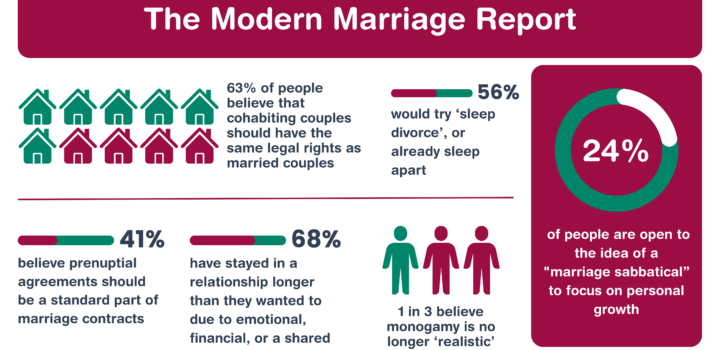In a recent judgment, XW v XH [2019] EWCA Civ 2262, the Court of Appeal overturned a decision made by the High Court in 2017 that the husband should retain the majority of the financial resources due to his “special contribution” in a case where the husband was a ‘breadwinner’ and the wife a ‘homemaker’.
Background
The parties married in 2008 and separated in 2015. They have one child together, a son, who has significant disabilities resulting from a rare, life-threatening genetic condition. The wife was heavily involved in the care of the parties’ son and the husband was the CEO of a company that he had set up with others prior to the marriage. It was during the course of the marriage that this company became hugely successful and the husband sold his shares in this company for £490m (net) in 2015/2016.
First instance decision
A Final Hearing took place and judgment was given by the High Court in 2017.
The wife’s case at this hearing was that the Court should award her with half of the matrimonial assets which included the husband’s share sales of £490m.
The husband’s case was that the assets were non-matrimonial due to the foundations of his work in the company prior to the marriage. He argued the wife was not entitled to anything other a need-based award (limiting her award to what she would “need” in terms of income and housing) and that the husband’s contribution to the growth in the value of the business fell within the legal concept of “special contribution”. A special contribution is a contribution deemed so exceptional in nature that it justifies a departure from the sharing principle starting point of equal (50:50) division of the marital assets.
Despite the judge referring to the wife’s contribution to the family as “incalculable”, he determined, among other matters, that the husband’s contribution to the value of the business was a special contribution and assessed that a “fair outcome” was to award the wife a lump sum of £115m (the combined capital resources of the couple were £530m). This award signified a huge departure from equal division.
The wife appealed to the Court of Appeal.
Court of Appeal’s decision
The Court of Appeal, having assessed the first instance judgment, determined that the judge was wrong to conclude that the husband’s contribution fell within the concept of a special contribution and therefore to order a departure from equal division. The Court carefully considered the guidance from Work v Gray [2017] EWCA Civ 270, setting out how to assess this concept.
The Court of Appeal when considering this guidance paid particular attention to (1) fairness, (2) whether there was the necessary disparity in the parties’ contributions and (3) avoiding discrimination against a homemaker. The Court did not see how, when properly applying these principles, the judge at first instance found the necessary disparity to be present. The Court of Appeal substituted the first instance decision and awarded the wife a lump sum of £145m and jointly owned property of £3.7m (this representing 50% of what the Court has determined to be the marital wealth).
Significance of the decision
The Court’s guidance of special contribution specifically states that “it is extremely important to avoid discrimination against the homemaker” and the Court’s decision in this case is one that is said to be a landmark judgment for sex equality in divorce.
The breadwinner v homemaker debate will no doubt continue to rage on but, for now, this case reaffirms that domestic roles in a marriage are not overlooked in financial claims on divorce and a financial contribution to a marriage is not any more significant than a domestic contribution.
If you would like to speak to one of our family specialists about financial settlement or other family matters, please contact us.
















